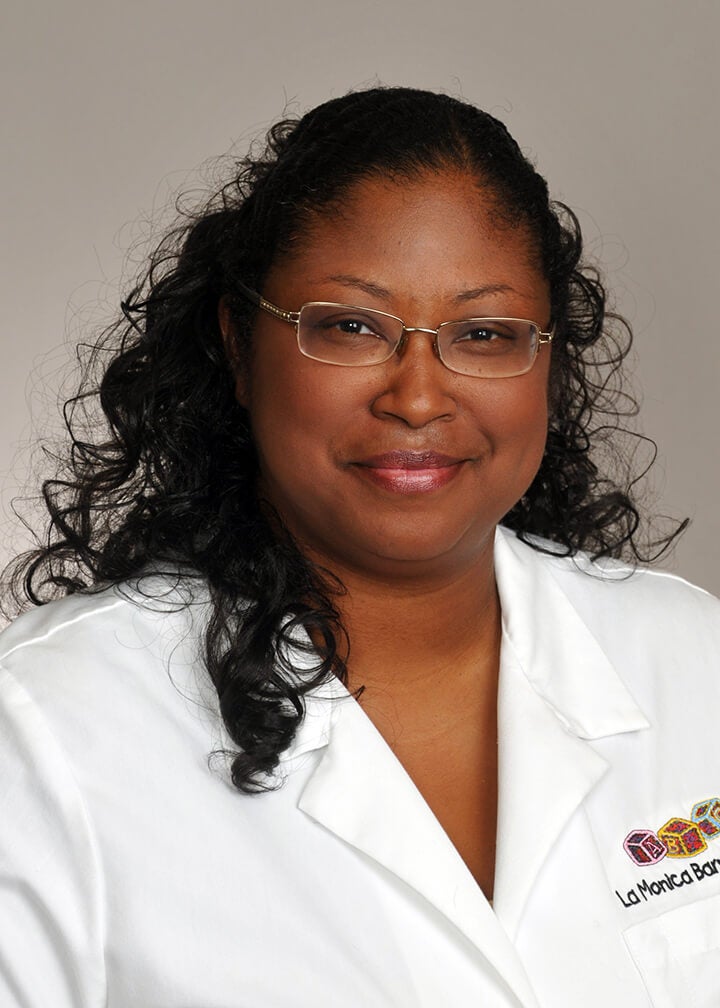Reach Out and Read helps foster a love for reading in young children
The North Carolina Department of Health and Human Services recently announced it’s expanding a successful early literacy program to all North Carolina counties.
The national Reach Out and Read program equips primary care doctors to give babies and toddlers (ages 0 to 5) a book at each of their regular wellness checkups. The books help foster conversations about building good reading habits at home and help create a life-long love of reading as the children grow older.
“The medical providers are trained to use the book as a tool to perform developmental screenings on the kids,” said Suzanne Metcalf, regional communications director for the NC program. “It also gives the doctor an opportunity to talk with the parents about parenting. The book opens up the dialogue between the parent and the medical provider.”
Reach Out and Read in North Carolina serves more than 250,000 children in almost 350 participating clinics and hospitals throughout the state.
There are two clinics in Stanly County that participate in the program: Albemarle Pediatrics, which serves about 1,600 children per year and joined the program in 2017; and Atrium Health Levine Children’s Stanly Pediatric Services, which serves about 1,000 children per year and joined in 2018.
“Research affirms that parents who spend time reading to their children on a regular basis strengthen parent-child bonds that last a lifetime,” said Dr. Linda Lawrence, pediatrician at Albemarle Pediatric. “Everyday moments created together around a book have the potential to build resilience in both children and adults, buffer stress, and support safe, stable and nurturing relationships that allow children to thrive. We are very excited and thankful to Reach Out and Read for providing books for us to put directly into the hands of our patients.”
Throughout the years, the kids start to develop not just a love of learning but a greater level of trust between the themselves and the medical providers.
“I think that we take for granted often that everybody has a book in their home and that you can just go to the shelf and grab a book and read to your children or even that that’s something that’s emphasized in a family,” said Dr. LaMonica Barnum, pediatrician with Stanly Pediatrics.

Dr. LaMonica Barnum is a pediatrician at Atrium Health Levine Children’s Stanly Pediatric Services in Albemarle. Photo courtesy of Ashley Wilson.
The interactions between medical provider and child during the reading session — such as repeating words or associating one word like “meow” with another like “cat” — helps pediatricians gauge the child’s brain development, including their fine motor skills.
On a given morning, the clinic can hand out upwards of 32 books to children as part of the checkups. Barnum said on Wednesday morning, she alone had 12 checkups.
Over the past year, with so many kids spending more time at home as a result of the COVID-19 pandemic, Barnum has noticed an increase in kids “being really excited about getting the books.”
Stanly Pediatrics orders its books through the national program, which has a broad inventory of books that medical providers can choose from.
Once the medical providers have established a rapport with the kids, they can customize the books to each child’s liking. Earlier this week, for example, Barnum picked out a book about dinosaurs for a 4-year-old boy, after noticing that he was wearing a T-Rex T-shirt.
“I asked him, ‘Do you like dinosaurs?’ and he was like, ‘I love them’ and he then he started doing a T-Rex dance,” Barnum said.
Reach Out and Read in North Carolina, which currently operates in 90 counties, plans to establish the program in counties where it is not currently available along with improving the program quality and deepening the impact of participating clinics across the state.
Barnum said her clinic is working on expanding its collection of bilingual books (currently it only has books in English and Spanish) to better serve other populations in the county, such as Hmong.
“Whether I’m reading in English or Spanish or Hmong or French or German, the fact that they’re actually doing that skill and bonding in the home is really the most critical thing and so we want to be able to provide it (the books) diversely throughout the community,” Barnum said.
While it’s not currently possible due to the pandemic, Barnum said Stanly Pediatrics is hoping to set up a reading nook in the lobby, where children could read with their parents before the checkup.
What Barnum likes most about the program is seeing the excitement the kids have when they receive their books.
“I have told many of my patient’s families over and over again that reading is the single most important skill that a kid can get early on,” she said.

